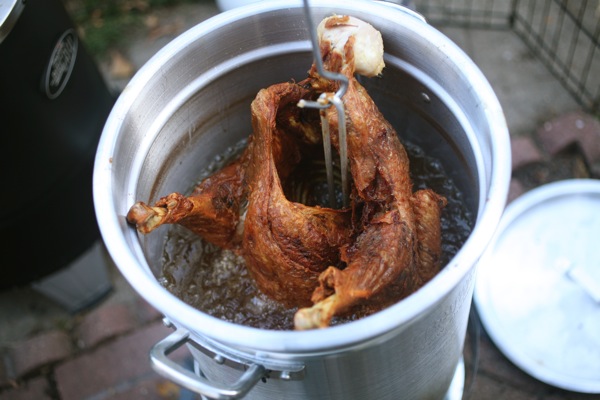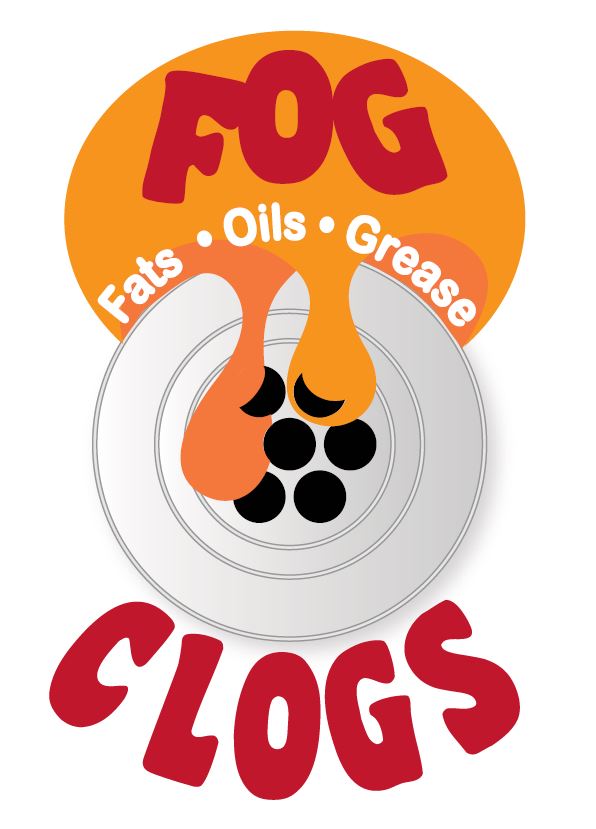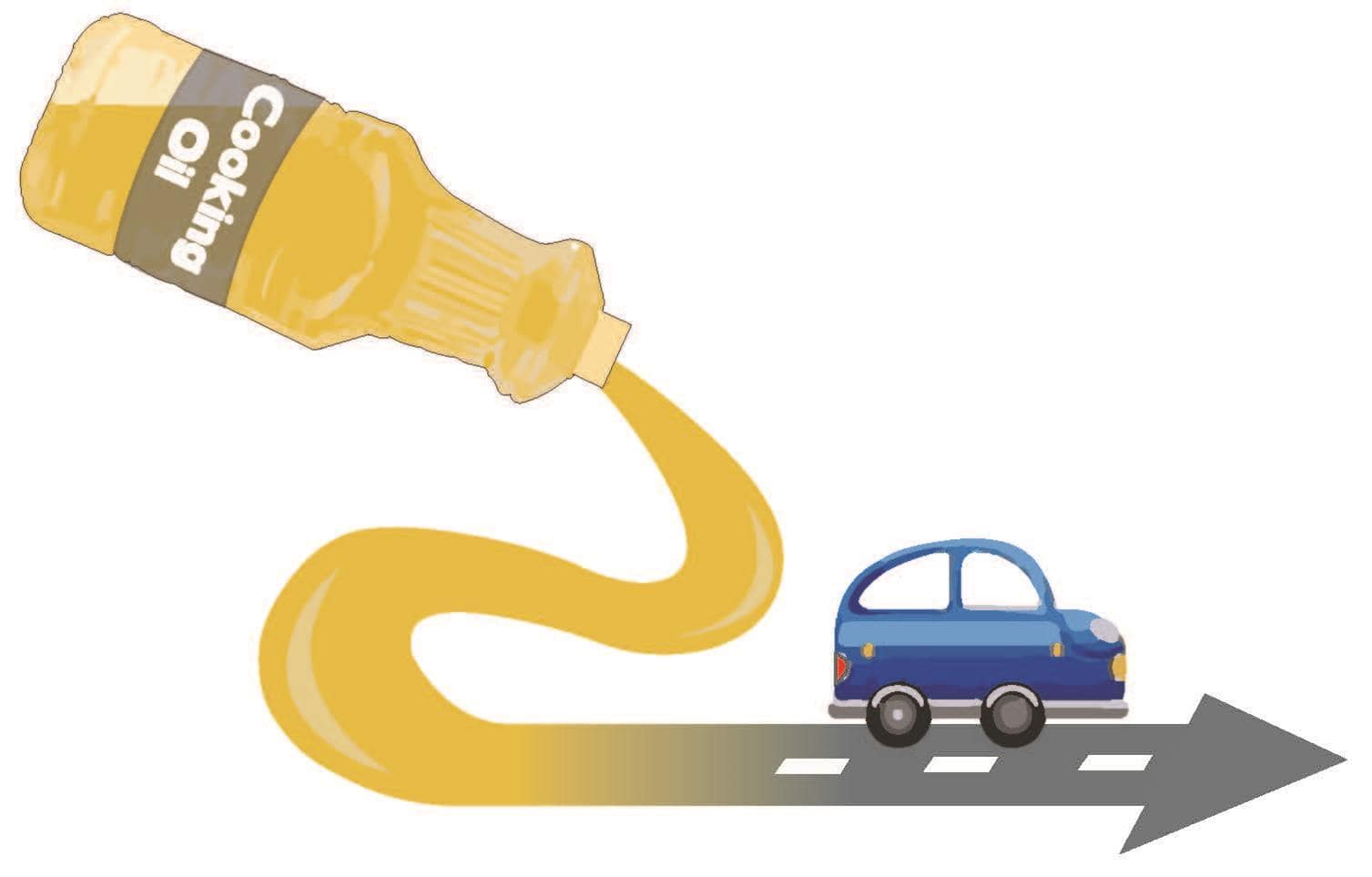Tips/Articles,
Recycle Cooking Oil into Fuel and Prevent Costly Sewer Clogs
Oct 31 2016
The holiday cooking season is approaching. If you’re planning on deep frying a turkey, or anything else for that matter, make sure to avoid costly mistakes, and a visit from the plumber, by properly disposing of kitchen F.O.G. (Fats, Oils, and Grease). When improperly disposed of down household sinks, cooking oil and fats can build up in our pipes, much like it does in our arteries, and lead to a back up. According to the EPA, FOG causes a full 47% of sewer backups nationally. Even small amounts of grease and oil can cause a problem over time. Back in 2014, London had to clear out a 15-ton clog in municipal pipes, dubbed the “fatburg”.
Cooking oil not only causes clogs but can negatively affect wildlife if dumped outdoors or in storm drains. So much so, the EPA regulates cooking oil in the same way it handles petroleum oil.
This problem was on SCARCE’s radar so in 2013, we began working to create a solution for DuPage County residents. What started as a one-day cooking oil collection event expanded to several year-round collection locations.
Cooking Oil Today, Fuel Tomorrow
Liquids do not belong in the trash, which makes it tricky to dispose of vegetable oils (ie those not solid at room temperature). Lucky for folks in and around DuPage County, there are twelve year round locations that collect used liquid cooking oil. Additionally, a handful of towns continue to offer one-day collection points the Saturday after Thanksgiving. These collections take the used cooking oil and convert it into biodiesel. Some of the benefits are:
- Biodiesel is cleaner burning. According to Argonne Labs, emissions from 100% biodiesel are 74% lower than petroleum diesel!
- Some collection points make and use the biodiesel on-site—ultra-local energy!
- Biodiesel is non-toxic and biodegradable
It’s easy to do your part
Hang on to your used liquid cooking oil. Allow it to cool, pour it into a container with a lid and bring it to a drop off location. We recommend holding onto the container it came in for this purpose.
Here are some additional tips for handling F.O.G.
- For larger amounts of grease or animal fat (i.e. the stuff that solidifies at room temperature), allow it to cool and pour it into a plastic container with a lid. We store ours under the sink until it’s full, then we place it in the trash.
- When cleaning up, scrape leftover food into the trash instead of sending it down the sink. This saves water and prevents trace fats from clogging your pipes.
- After allowing pans to cool, wipe them out with a rag or paper towel before you wash them to remove excess fat and oil.
“There’s gold in them thar’ fryers!”
Used cooking oil is actually a valuable commodity, nowhere near the value of actual gold, but enough so that reports of cooking oil thieves have popped up. Next time you fry, think of it as “panning for gold”. Collect your liquid cooking oil and recycle it. Your pipes, and the planet, will thank you.
Click here for a list of the Permanent Cooking Oil Collection Sites in DuPage County.
SCARCE would like to thank the DuPage Foundation whose grant to SCARCE has funded the purchase of cooking oil collection bins. We would also like to thank our recycler Green Grease Environmental .
*This post was updated on November 21st, 2023 to change the number of cooking oil collection sites from nine sites to twelve sites, and update the link for 2023 pop-up cooking oil collection sites


